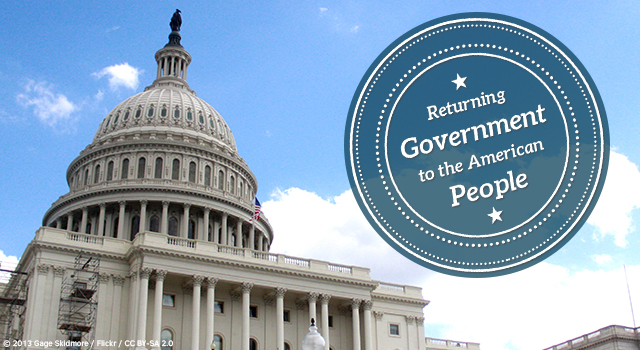Professor Rick Hasen says that in the days before Randall v. Sorrell, the Supreme Court seemed to endorse a “participatory self-government” objective for campaign finance reform – a rationale enunciated by Justice Breyer while concurring in Shrink. The Court, says Hasen, nonetheless “continued to entertain the fiction that it [was] adhering to the anticorruption rationale of Buckley v. Valeo, perhaps because one or two members of the five-Justice majority making the shift in McConnell may [have been unwilling] to expressly embrace” Justice Breyer’s rationale. Richard L. Hasen, Buckley is Dead, Long Live Buckley: The New Campaign Finance Incoherence of McConnell v. Federal Election Commission, 153 U. PA. L. REV. 31, 32 (2004).
Professor Hasen is correct. The Court continues to “entertain” the anticircumvention rationale, not just in Randall, but in McConnell. Many are forgetting that the McConnell Court did not shift rationales in upholding BCRA, and forgetting that BCRA extended Buckley’s anticorruption rationale and did not depart from it. The forgetting is adversely affecting policy.
The government justified the national and state party “soft money bans” on a potentially corrupting nexus between party committees and officeholders. The same is true for the increased restrictions on “coordination.” The government could not justify on anticorruption grounds the party-committee choice provision — the choice of spending independently of a candidate or in coordination — so the Court struck it down, affirming other anti-corruption precedent found in Colorado Republican I. The truly egalitarian provision of BCRA, the Millionaires Amendment, was not ripe for review and has yet to be decided.
BCRA’s electioneering communications provisions, which ban corporate and union treasury funds for candidate advertising within 30 days of a primary, caucus or convention and 60 days of a general election, spring from the view that corporations are illegitimate actors in the political marketplace; a rationale found in Austin, based somewhat in egalitarianism, and of which “participatory self-government” is a corollary. Yet even the Court’s treatment of BCRA’s Austin-premised provisions was deferent to Buckley. The Court did say that express advocacy had become ‘functionally meaningless’ in reaching ads that truly influence elections — even as the Buckley Court conceded that all ads influence elections, and explained that express advocacy arises not from a need to catch all ads of influence, but to protect speakers; to address concerns of vagueness and overbreadth. In reviewing BCRA, the McConnell Court said that express advocacy was not constitutionally required, but affirmed it was required in interpreting core provisions of FECA; provisions that BCRA did not amend; provisions that canons of jurisprudence prevented the Court from revisiting. Buckley’s gloss, its anticorruption rationale, still applies to core provisions of FECA, such as “expenditure” and expenditure’s role in defining the term “political committee.”
This is why we are troubled by the Federal Election Commission’s treatment of the Sierra Club MUR and its invoking of McConnell in the Commission’s press release. Under McConnell, Austin and Buckley, the Sierra Club had a right to use treasury funds for non-broadcast ads that urge citizens to vote, even if it did not have the right to urge them to vote for or against a candidate for Federal office; that is, as long as it did not expressly advocate the election or defeat of a particular candidate. In our view, the Sierra Club properly urged a vote, and did not improperly urge a vote for a particular candidate.
Whatever our view, however, this much is indisputable: express advocacy is express advocacy. There is no post-BCRA express advocacy; no such animal as post-McConnell express advocacy; no such thing as PASO expenditures; no McConnell gloss on core FECA terms. By invoking McConnell for its finding in Sierra Club, the Commission makes a mess of the law. Perhaps the Commission works towards its own “participatory self-government” rationale for campaign finance reform. But if it is doing so, it does so without leave from the US Supreme Court.













